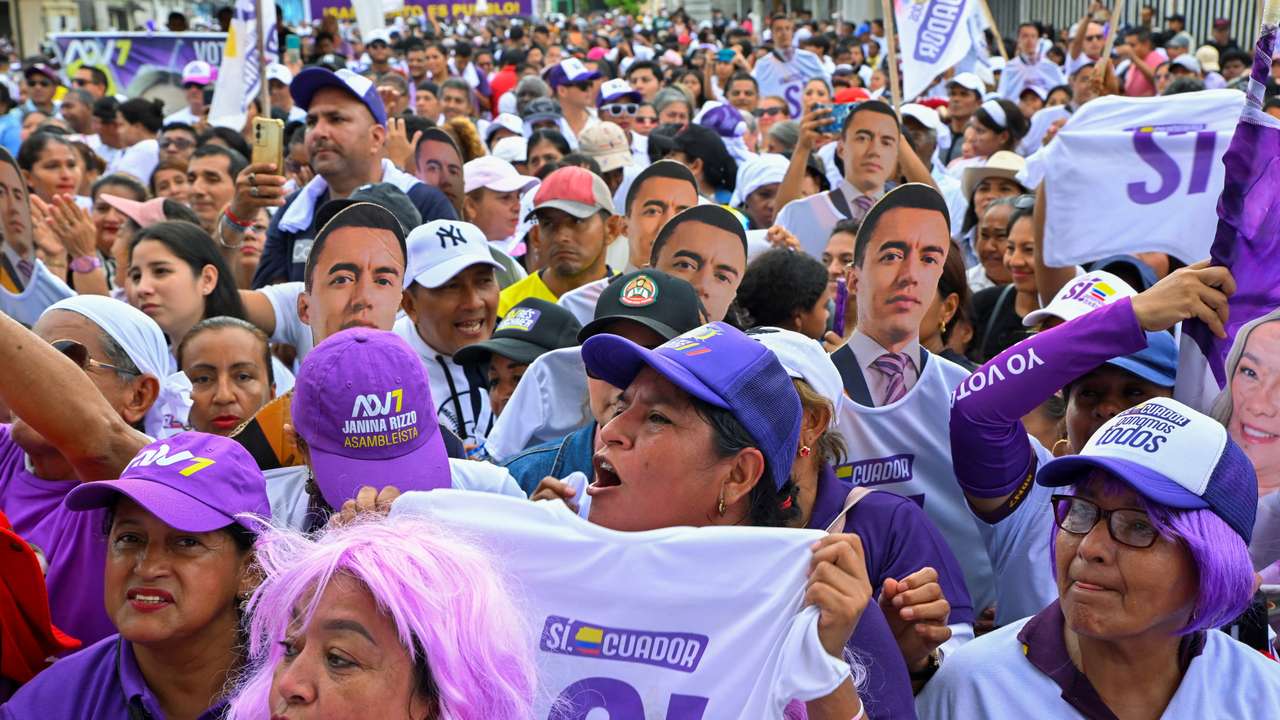What you need to know about Ecuador’s referendum

Ecuador is heading to the polls on 16 November for a high-stakes vote that could reshape its political future.
Citizens will be asked to respond to four separate questions—a mix of constitutional referendums and a popular consultation. These proposals, pushed by President Daniel Noboa, touch on issues ranging from foreign military bases to a complete rewrite of the nation’s fundamental law.
One of the most controversial items on the ballot would lift Ecuador’s constitutional ban on foreign military bases, allowing international forces to establish installations on its soil. Supporters argue this could help the country fight organised crime more effectively, while critics warn it risks compromising Ecuador’s sovereignty and dragging it into geopolitical rivalries.
Another proposal calls for a new Asamblea Constituyente, or constituent assembly, to draft an entirely new constitution. This would give ordinary Ecuadorians a direct role in rewriting the country’s foundational laws, but the process also raises questions about how much influence the president and current political forces will wield in shaping the future legal framework.
The other two questions focus on political finance reform and reducing the size of the national legislature. One asks voters if public funding for political parties should be eliminated, forcing parties to rely solely on private contributions. The second seeks to cut the number of members in the National Assembly roughly in half, from 151 down to 73.
The outcome could carry major international implications. Any decision to open the door to foreign military bases may shift regional security dynamics, especially given Ecuador’s strategic location. Meanwhile, transforming the constitution and reforming political finance could fundamentally change how power is distributed and how governance works in the Andean nation.
This story is written and edited by the Global South World team, you can contact us here.